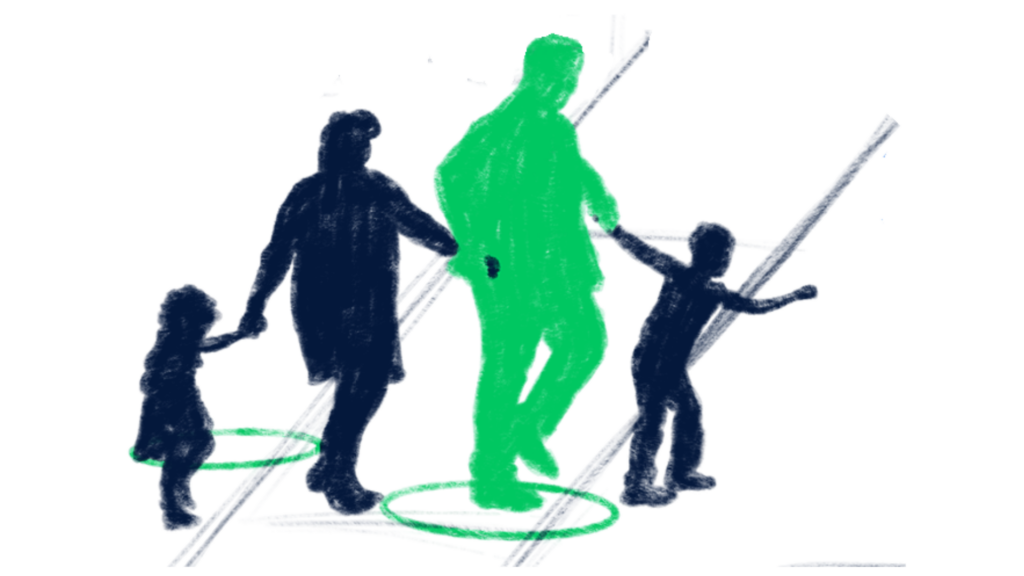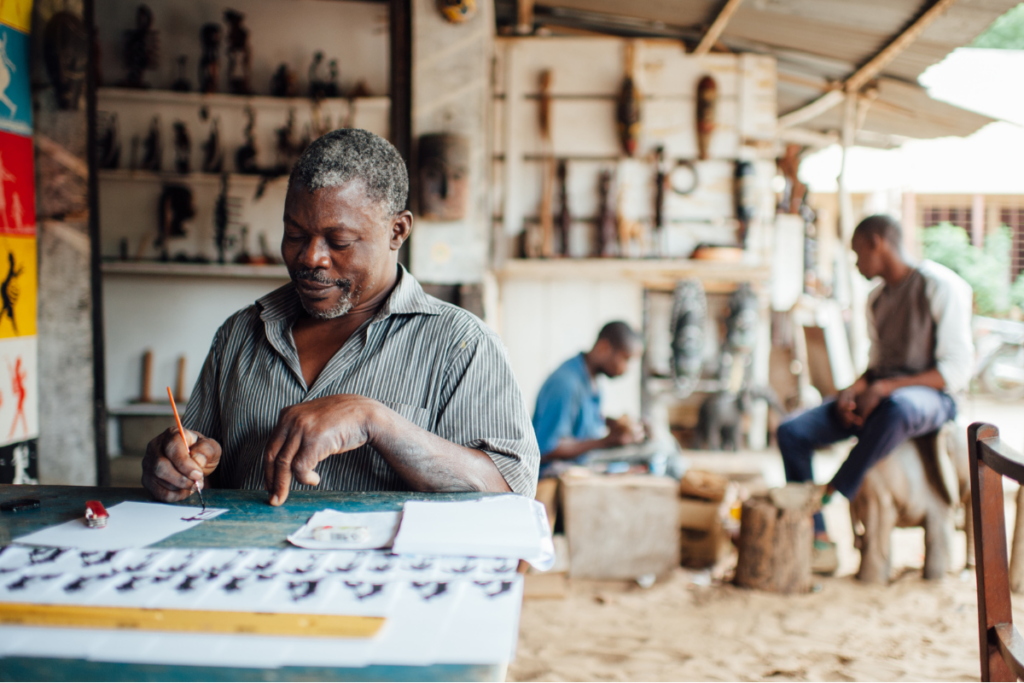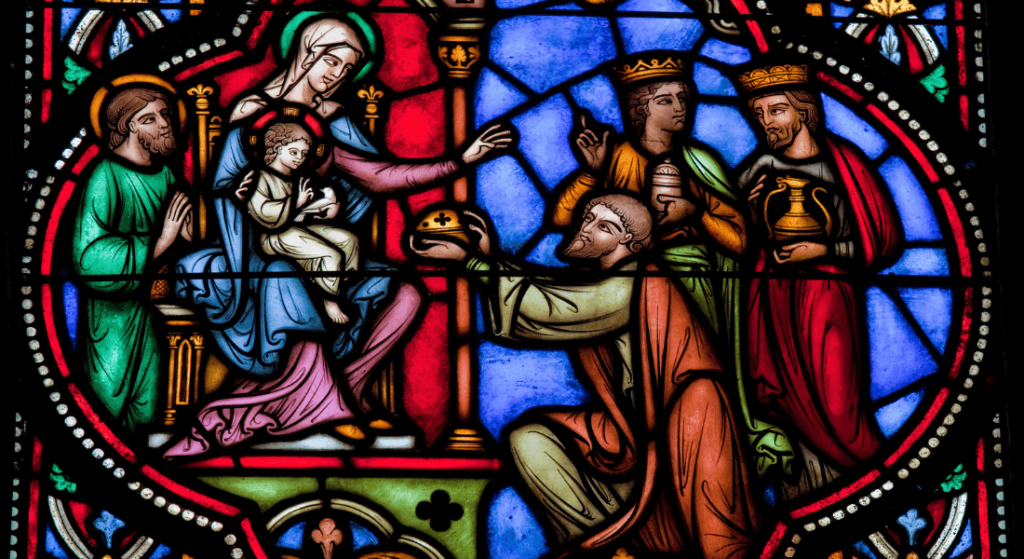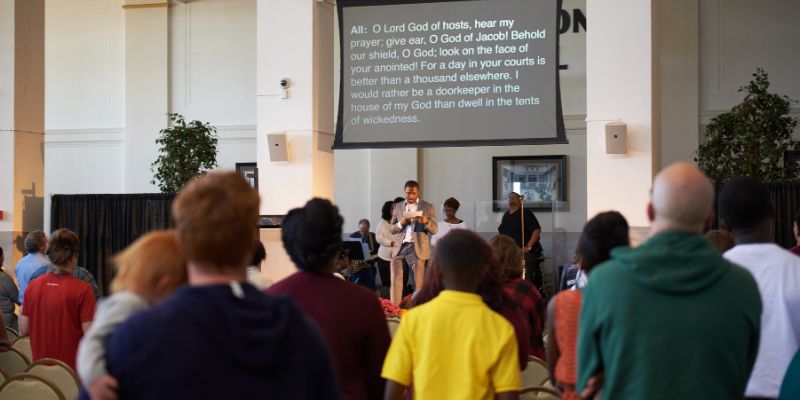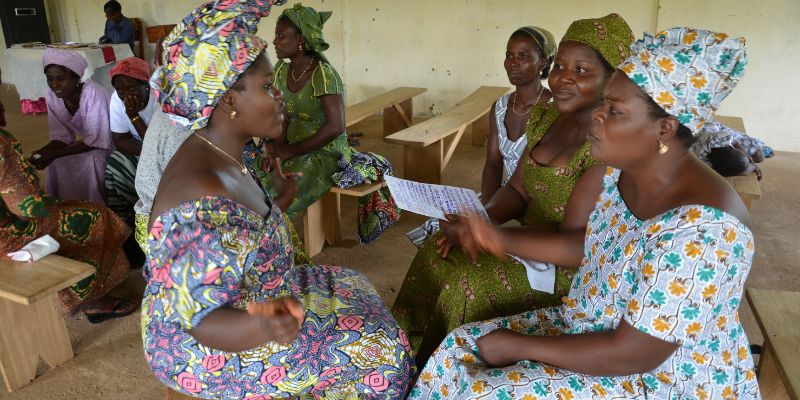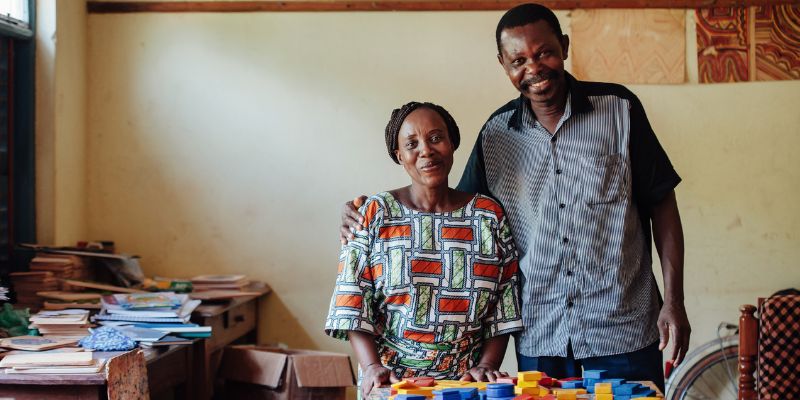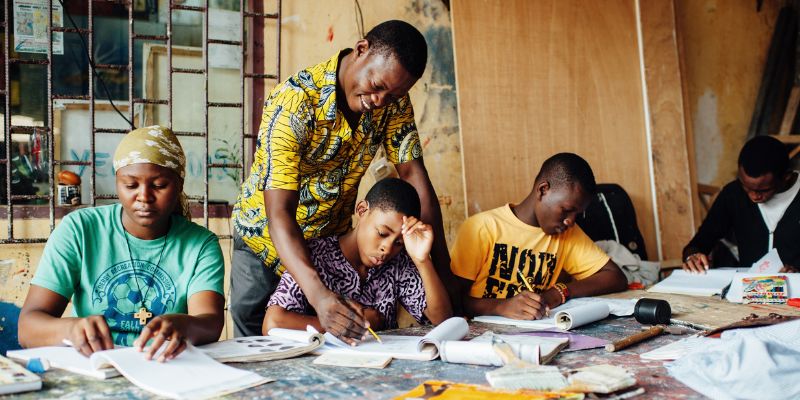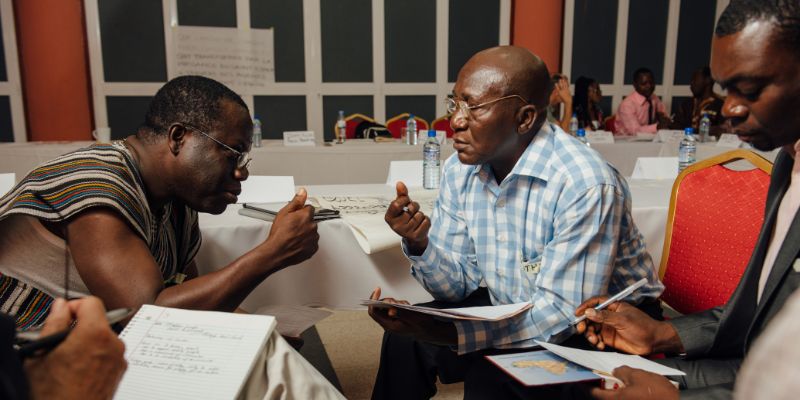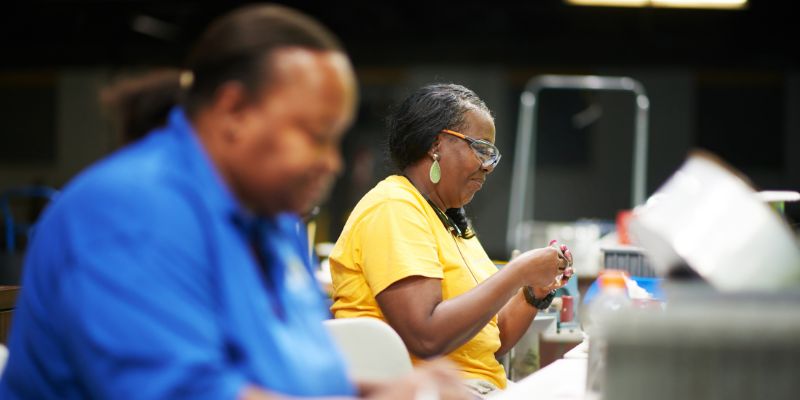Search
Categories
Tags
Posts in “Theology of Poverty Alleviation”
Resting in Resurrection
Jesus’ resurrection isn’t merely a reminder of our hope that death is not the end. His resurrection empowers us for ministry because the Spirit that raised Christ from the dead is at work in us (Rom. 8:11). All our work is from Him, for Him, to Him, and through Him. In life and in death and in the constant interplay between them, we live and work in Christ.
Innovation is Looking for Shalom
In a video recorded as part of our Innovate:Online training, Director of Innovation, Tabitha Kapic shares that seeking Shalom is at the heart of innovation. Shalom refers to a sense of completeness, including the flourishing of creation and perfect relational peace. Shalom is the goal of poverty alleviation. As you watch, consider how you might use innovation to foster Shalom, both for yourself and those you seek to serve.
Remembering Why We Give: Incarnational Presence
Last month, we highlighted U.S. federal funding cuts and their impact on our ministry partners and global relief and development efforts. We urged you to respond by giving generously, encouraging affected organizations, and praying fervently—with a promise of next steps in the coming weeks.
Feasting Together: The Potluck Party of God
Scripture calls us as the people of God to care for those who are struggling economically. But so often, the metaphor for our compassion becomes the soup kitchen—we line up on one side of the serving line and scoop hot resources into the bowls of hungry people standing on the other side—instead of a potluck—where everyone has a place and everyone brings a plate.
Why Work Matters
God’s passion for work is a theme found throughout Scripture. One example found in the Old Testament is gleaning laws, which we explored in previous posts (HERE and HERE). In addition, Scripture also has a lot to say about why work matters, why justice for workers matters, and why we should care for those who are vulnerable.
Living As People of the Resurrection
The work of fighting poverty is a long and difficult road. For every joy and story of transformation, we can all think of sorrows and stories of loss and failure. Walking alongside people through the brokenness of the world is often a one-step-forward-three-steps-back process. It is easy for ministry practitioners and volunteers to grow weary and ministry participants to grow discouraged. Real hope for people and systems in a fallen world seems elusive, and anxiety is poor fuel for sustainable ministry.
Worship and Fighting Poverty
We don’t often connect our work in fighting poverty (and economic life more generally) with our worship of the living God. But we should. When the collection plate is passed around in a church service, pastors often try to connect the dots to how our giving is part of worship. But it doesn’t always register with us.
Epiphany and Poverty Alleviation
Epiphany also reminds us that our gifts (assets, skills, experiences, and callings) are rightly offered up as worship to the King of Kings. All the ministry efforts we undertake will fall flat if we seek to serve others for our own sake. We can truly love our neighbors as ourselves when we connect our love and service for others with our worship of the God who created us both and who sustains us all.
Addressing Brokenness through Ministry Design Principles
Over the last few months, we have reviewed the Ministry Design Principles established by A Field Guide to Becoming Whole, and today we look at the last five principles. Creating and stewarding God’s Kingdom Community means that we need to actively care about our stories, practices, systems, people, and spirits, which these twenty principles seek to address. Together, these principles help us steer our ministries toward a whole, flourishing community in Christ.
Becoming Whole Through Formative Practices
Building God’s kingdom community means working to replace destructive formative practices with those that lead to true flourishing. The Ministry Design Principles we’re highlighting this week focus heavily on the relational aspect of poverty alleviation. Afterall, we are each innately relational beings with minds, affections, wills, and bodies, and we need to remember this as we walk alongside people in material poverty.
Holistic Approaches to Development
Material poverty is complex, and not reducible to a single cause. Healthy, sustainable poverty alleviation ministries need to address all five root causes of material poverty—Individual brokenness, Systemic brokenness, false stories of change, broken and destructive formative practices, and demonic forces. Over the last few weeks, we’ve looked at Ministry Design Principles that contribute to the kingdom community and to God’s story of change, and today we continue examining principles that equip us to replace destructive formative practices. We seek to evaluate and replace our existing practices in favor of those that empower and equip our communities.
Reframing Our Ministry Practices in Light of God’s Story of Change
Resuming our journey through the Ministry Design Principles, we turn our attention to replacing destructive formative practices in our fundraising, in our relationships with stakeholders, and in our marketing strategies. A ministry working to walk in the path of God’s story of change pursues practices that treat all stakeholders as a community of broken yet restored priest-rulers, people who are relying on the power of Christ’s death and resurrection to jointly steward their wide range of gifts.
Combating False Gods and False Stories in Ministry Design
We’ve been sharing Ministry Design Principles in a series of posts (you can read last week’s here). All these principles can, in some sense, be bundled under 6 aspects of holistic poverty alleviation—1) Forming the kingdom community, 2) addressing false stories of change, 3) addressing broken practices, 4) addressing broken individuals, 5) addressing broken systems, and 6) addressing demonic forces.
Foundational Ministry Design Principles
Poverty alleviation is complex, so principles are more helpful than blueprints for designing an effective poverty alleviation ministry. There is no one-size-fits-all solution to material poverty, and context matters, too. Ministry tools and strategies that work well to facilitate lasting transformation in a rural village in Togo might not work in an urban area in the U.S., and vice versa. Effective, sustainable ministry reflects God’s story of change and the way He has made us as human beings.
Why We Need Ministry Design Principles
Ministry focused on addressing poverty is fundamentally about promoting change. It’s about helping people and communities move to a better situation than their present one.
Resurrection as Reconciliation and Empowerment
As the Chalmers Center staff gathers with our churches and families to celebrate Easter this week, we join with Christians around the world, declaring “He is risen!”
A Call to Benevolence: Helping Your Church Love Your Neighbors in Material Poverty
The Ministry of Jesus has always been word and deed. Wherever Jesus went, he preached the Kingdom of God. As he went, he healed people who were sick and hurting and in trouble as a sign that His message was true and the kingdom was at hand.
Work and Poverty Alleviation
Enabling people in material poverty to engage in work that pays a living wage is the most sustainable way for them to no longer be materially poor. But work is so much more than just a means to gaining income that provides for our material needs. It lies close to the heart of what it means to be human.




